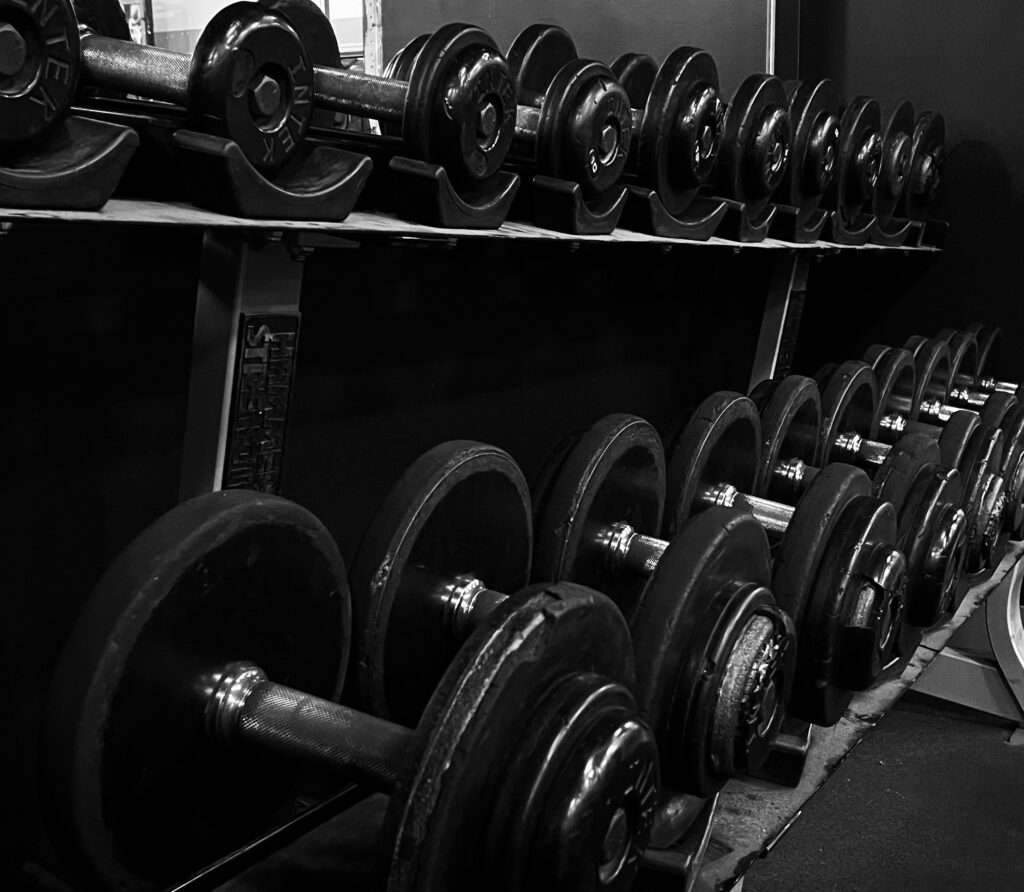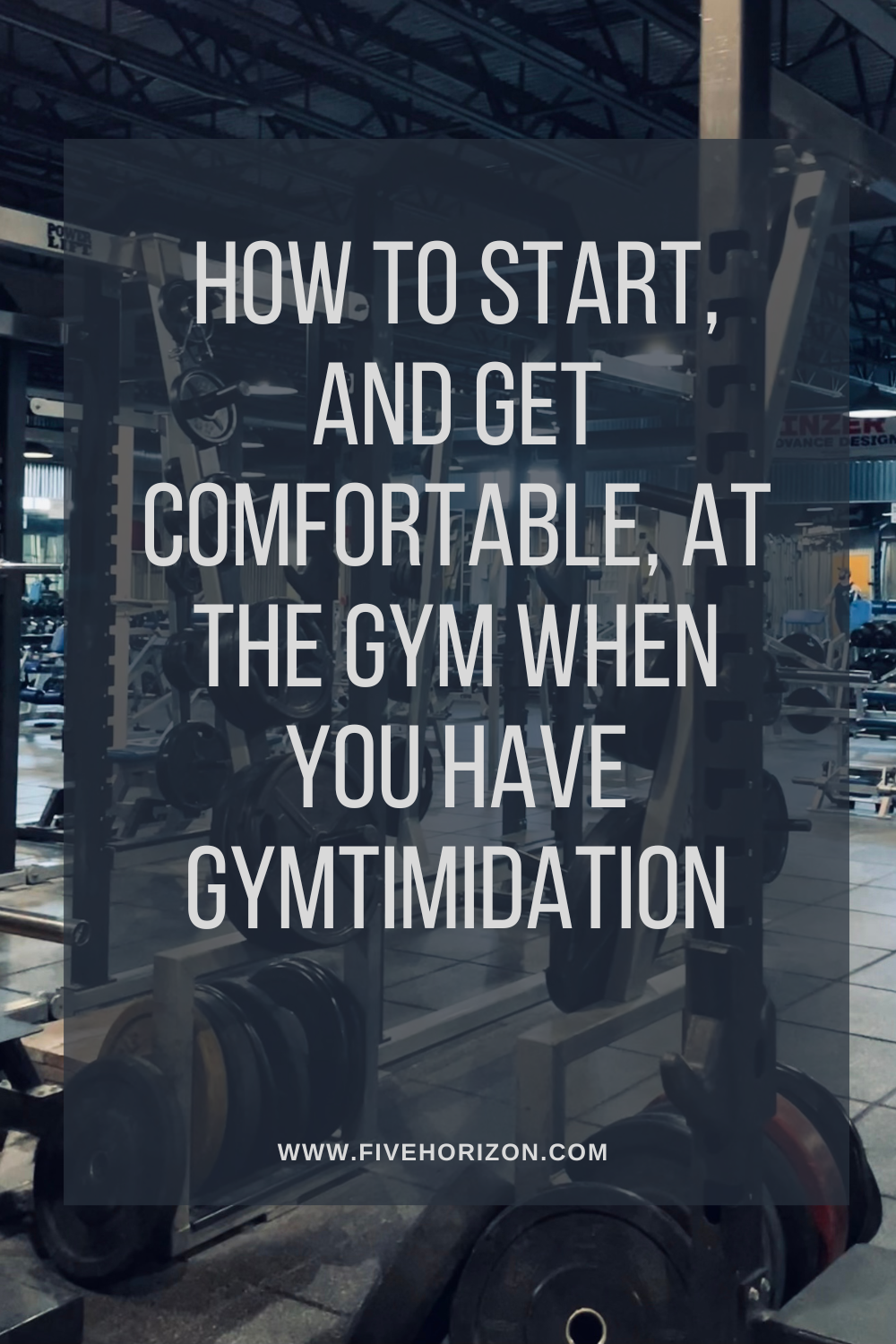
**Disclaimer- This article may contain affiliate links. I may make a small commission if you purchase through my link; at no cost to you!
Plateauing. Every gym-goer has been there. You’re eating clean and spending hours in the gym- doing everything right- when suddenly you hit a wall. No more gains, no more fat loss- you’re at a stalemate. You may also be experiencing low energy, low motivation to stick to your goals, and increased muscle soreness. This is when a lot of people quit. They tell themselves they’ve reached their peak and it’s not in the cards for them to reach their dream physique goals. Instead of getting discouraged, try taking a closer look at these 3 things- the answer may be simpler than you think!
Also check out ‘How to Start, and get Comfortable, at the Gym when you have Gymtimidation‘.
#1- Diet
Eating too little
You may have been eating clean or “dieting” for a few weeks (or months) now, but have you really looked at how MUCH you’re eating? Eating too little can cause your body to enter “starvation mode” leading it to store more fat and hold on to extra weight. This can lead to a slower metabolism and even weight GAIN- having the opposite desired effect.
Protein
Another possibility is while you may be eating enough calories, you’re not getting enough calories from protein. Not only does increased protein help with muscle gain, it also aids in muscle and tissue repair, increases energy, and supports the immune system. Making it essential for optimal performance.
**Note: The average person should be consuming between 0.7-1.0 g protein per lb of body weight.**
If you’ve been tracking your macros and you know you’re hitting your protein and caloric goals daily, you may need a refeed.
What is a refeed?
A refeed is the increasing of calories during a continued diet or caloric restriction phase. Your calories may be increased to your maintenance calories- or even into a caloric surplus- depending on your specific needs.
Why are refeeds important?
Being in a caloric deficit causes your fat and glycogen stores to deplete. After spending so long in this deficit, you’ll need to replenish these stores to continue making progress. Refeeds aid in boosting your metabolism, increasing energy, and giving you the mental boost to continue on your diet and fitness journey.
How often should you refeed?
Typically, the lower your body fat %, the more often you should refeed. If you’re just starting your diet and fitness journey, you may only need to refeed once every 3-4 weeks, however, those who are very lean will most likely need a refeed once a week.
#2- Training
There are multiple reasons your training could be the cause of your plateauing. Ask yourself these questions to see if you’re maximizing your time in the gym:
- How many days a week are you in the gym?
- Are you following a training split/plan or are you making your workouts up as you go?
- How heavy are you lifting?
- How’s your form?
- How long are your rest periods between sets?
- How is your training intensity?
- Are you incorporating cardio?
- How many days do you dedicate to resting?
Training Program
Perhaps the easiest thing to change regarding your training is the program you follow. Set yourself up to crush your goals by finding- or building- a training plan specific to your goals. This plan should clearly specify exercises, sets, reps, and rest between sets. Going into the gym with a plan of action takes out the guesswork, leading to better commitment and adherence to your goals.
***Psst! If you don’t know where/how to start with a workout program, I can help you by building a customized workout and nutrition plan to get you back on track and on your way to crushing your goals! Click the link below to schedule a free consultation call with me today!

Training Intensity
Take note of the intensity of your training. Are you REALLY going as heavy as you can? Are you sitting on your phone between sets taking an extra long rest? Are you incorporating supersets and dropsets?? You should be working hard to complete the last 2-3 reps of each set (excluding warm-up sets). These last few reps are where the most progress is made. However, if you’re compromising form, IT’S TOO HEAVY. You should be choosing a weight that’s challenging but isn’t going to cause injury.
Progressive Overloading
Perhaps the most advantageous style of training is progressive overloading. This includes performing the same exercises over weeks and months but progressively increasing the weight- leading to increased strength and muscle gain.
**Note: Adding in new exercises is a good way to keep things fun and interesting AND keeps your muscles guessing, so don’t be scared to change up your workouts every now and then! You may find new exercises that you enjoy more than what you’re currently doing!**
Overtraining
While working out every single day for hours at a time might sound like the fastest way to reaching your goals, it can have the opposite effect and lead to weight gain, low energy, burnout, poor performance, injury, and more. Your body needs time to properly recover before another intense training session!
#3- Recovery
Sleep
Sleep is your biggest recovery tool. A solid night of sleep allows time for your muscles to repair, your body to recover, and prepares you for the training day ahead.
**Note: For optimal recovery, aim for at LEAST 7 hours of sleep a night.**
Protein
Leading back to diet, adequate protein consumption is imperative for muscle and tissue growth and recovery.
Rest Days
Rest days are essential for proper recovery. By lifting weights, you’re creating microtears in the muscle which leads to muscle growth. Your body needs time to properly heal these tears to make gains and prevent injury. You should have AT LEAST 1 full rest day a week. But listen to your body- it knows if you need more rest days or if you’re able to up the intensity!
Active Recovery
If you shy away from taking rest days due to not wanting to be sedentary or feel lazy, have an active rest day! Instead of a high intensity training day, try going for a short, easy walk or run, stretch, and/or use a foam roller! This can increase blood flow and speed up recovery!
If you’re plateauing or struggling to see progress, take a glance at your diet, training, and recovery processes. It may be an easy fix to get you back on track to accomplishing your health and fitness goals! Thanks for reading! Let me know what content you’d like to see more of!
Don’t miss out! Sign up for my newsletter below to be notified when new posts go live!
